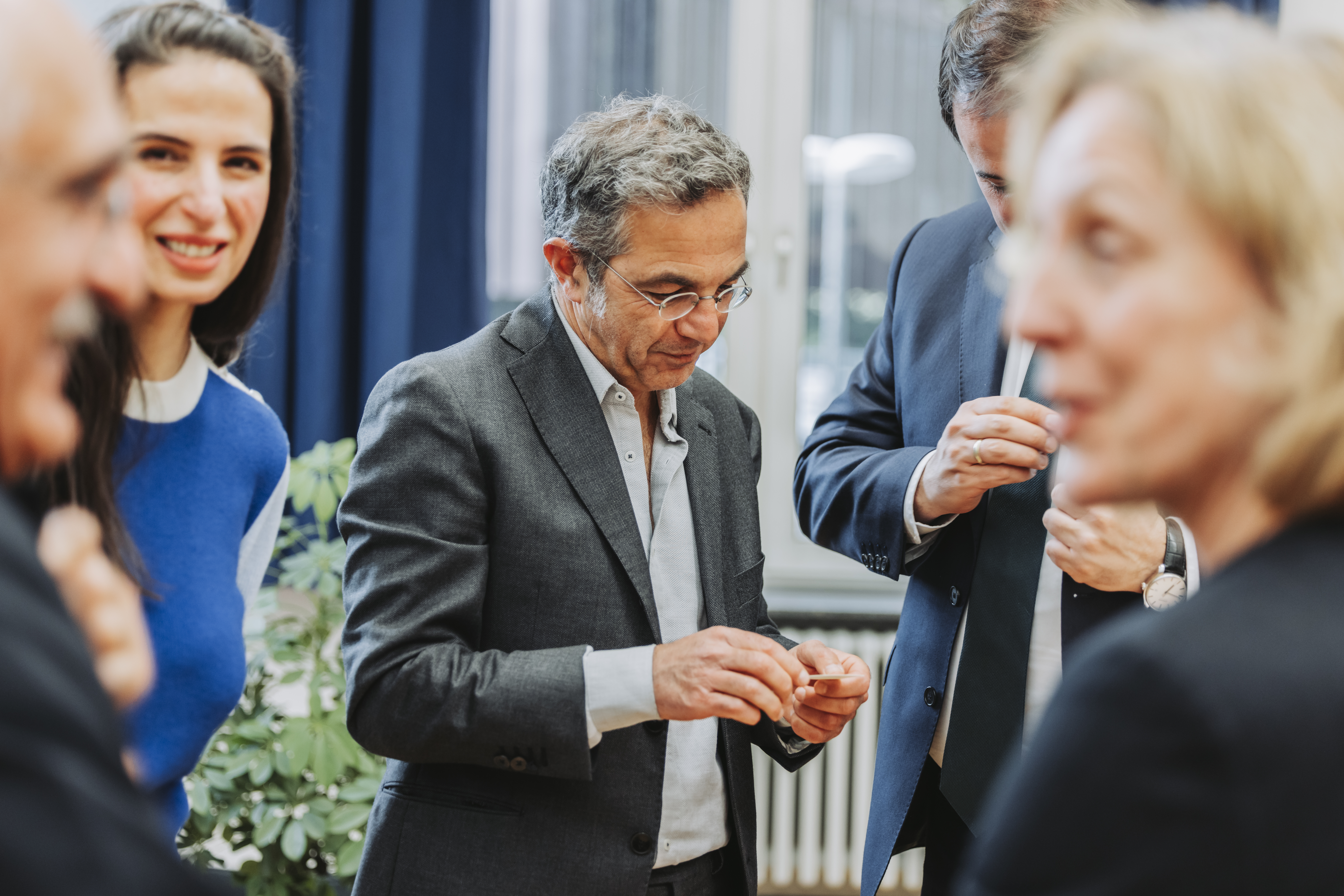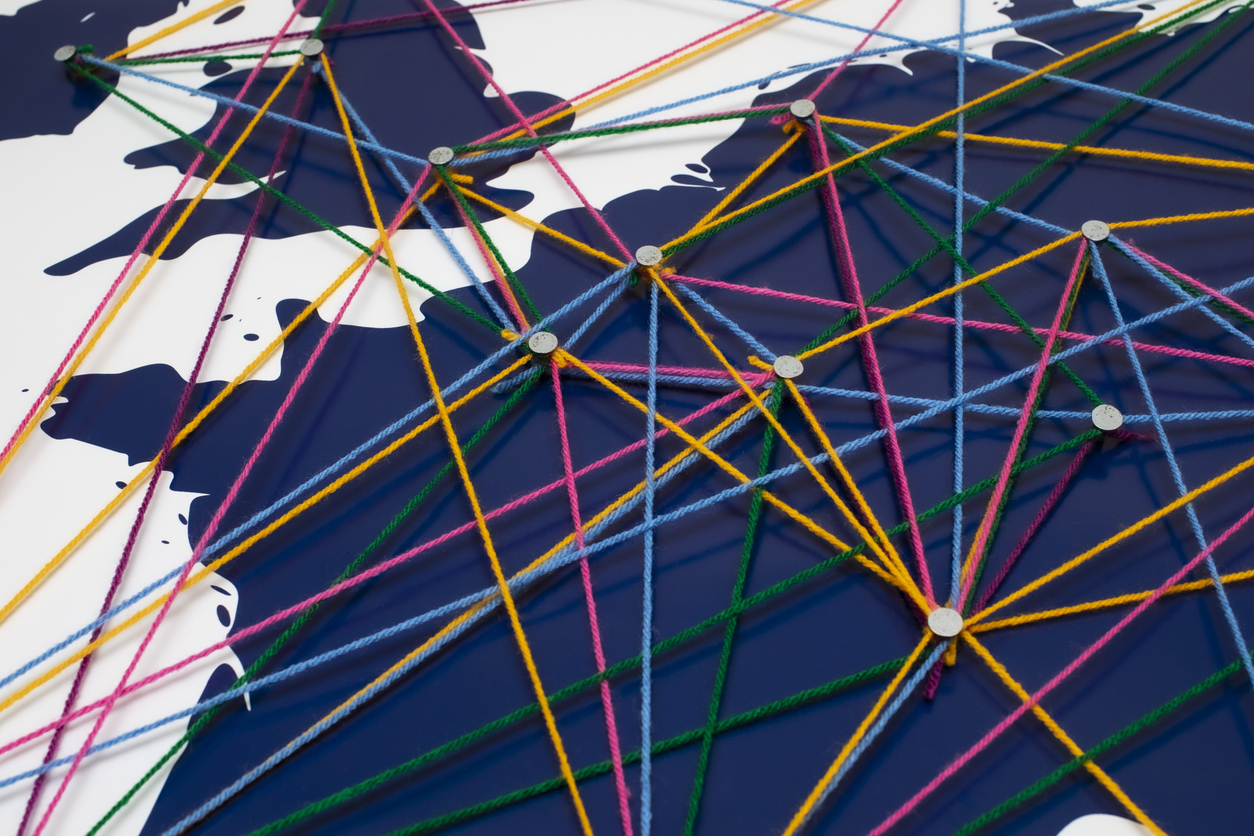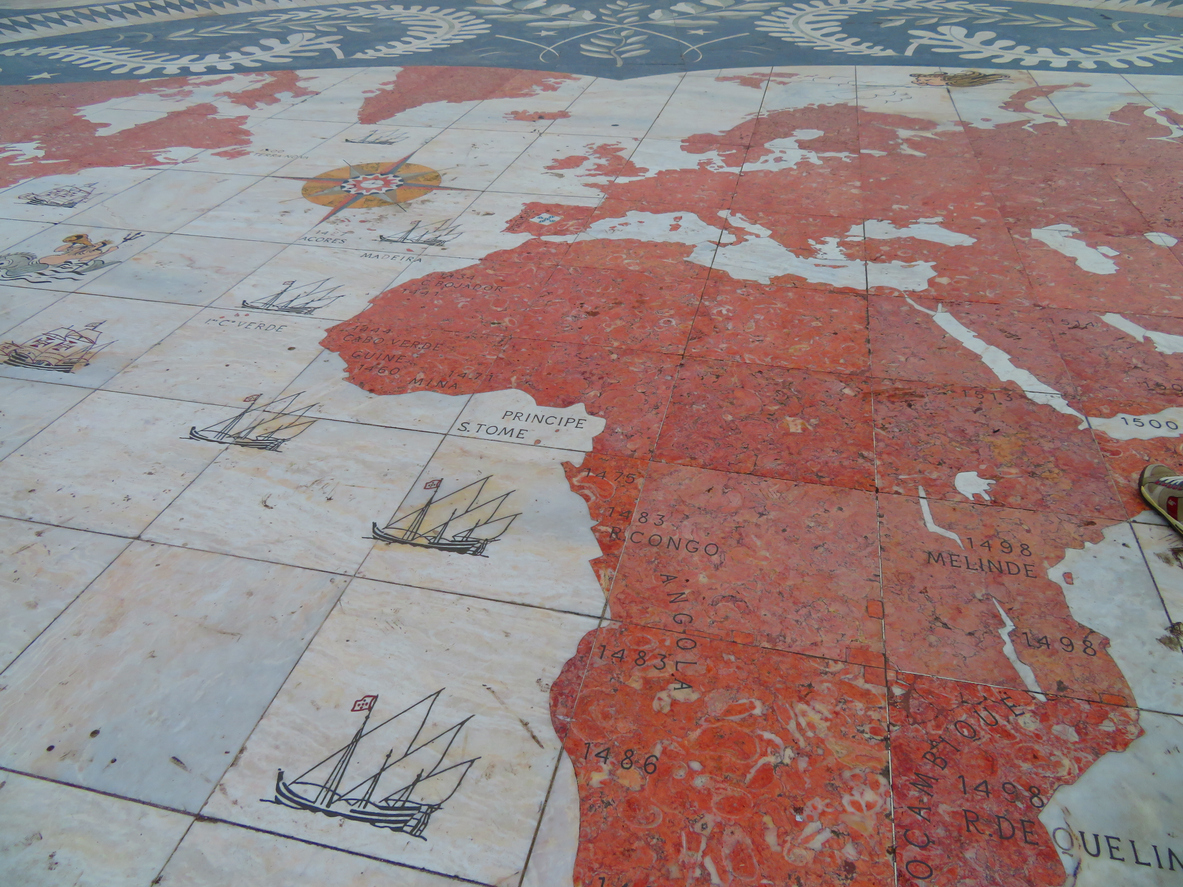
© Katja Velmans
Events
-
05.03.2026
European Regions and the Future of Europe’s Soft Power
The Academy of International Affairs North Rhine-Westphalia, in partnership with the Representation of the State of North Rhine-Westphalia to the European Union, invites policymakers, practitioners and researchers to a workshop examining the…
-
19.02. – 20.02.2026
Heritage Across Borders: Translocal Diaspora Networks and Pathways to Inclusive Peace
In the era defined by geopolitical uncertainties, long-standing conflicts, and mounting pressure on liberal democratic standards, the diaspora and translocal groups have become the key players in peacebuilding and cross-border collaboration. This…
-
20.01.2026
How do empires act?
Both research on (post-)coloniality and imperialism as a driving force of international relations have established that empires are to be counted among the most powerful political entities. But how do empires exert…


